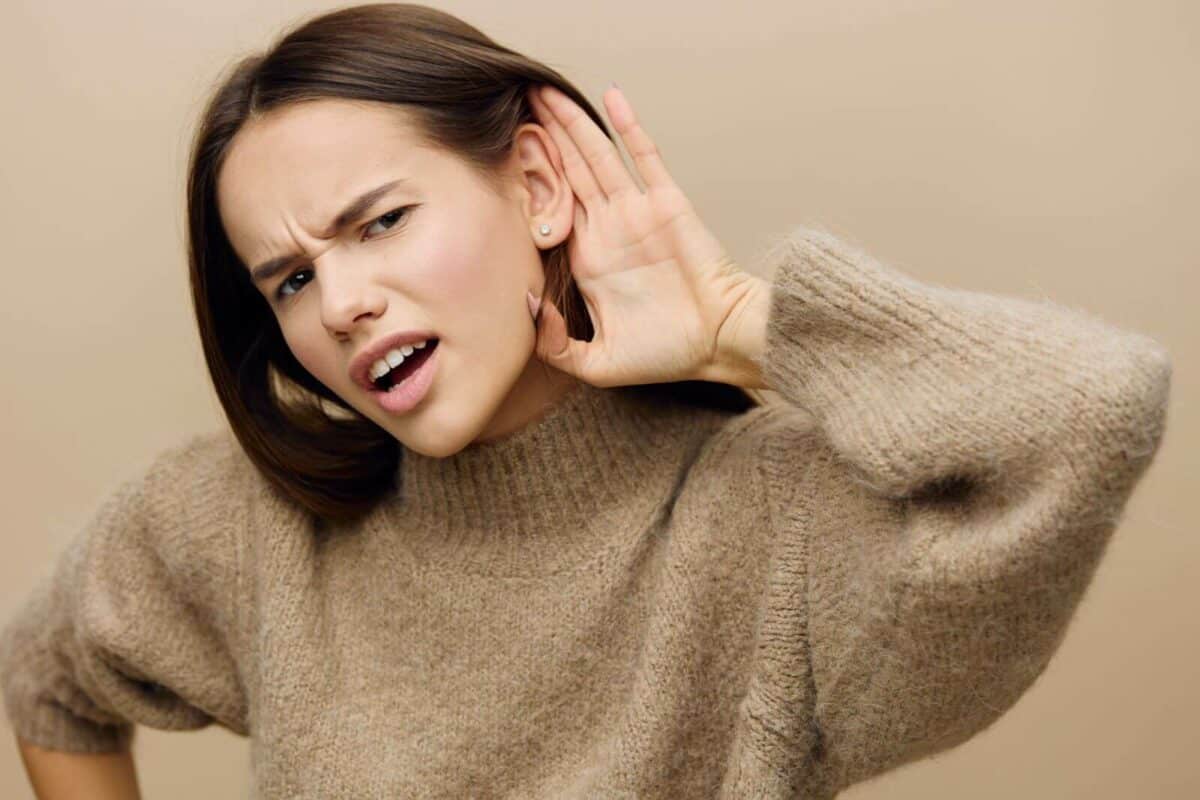- Strategies for Coping with Single-Sided Deafness - July 15, 2024
- How Summer Humidity Affects Hearing Aid Performance - July 3, 2024
- The Power of Body Language: Enhancing Communication for Those with Hearing Loss - June 28, 2024
There are several factors that can cause hearing loss including watching loud movies. Going to a theater to watch a movie is enjoyable for many of us. But it is important to be aware of how noisy movies can get so that you can protect your hearing health. Over 48 million people have hearing loss, the third most common chronic medical condition people live with today. Additionally, the World Health Organization estimates that over 1 billion people globally are at high risk of developing hearing loss from recreational noise exposure. This includes a range of activities including exposure to loud movies. Practicing safety measures can protect your hearing and overall wellness.
How Loud are Movies?
It is important to be aware of how loud movies can get. To better understand this, Today investigated the range of noise levels from movies in 2016. They did this by measuring decibels (units that sound is measured in) in movie theaters. They found that films playing that year contributed to the following noise levels:
- The Magnificent Seven: this western film with gunfire reached 93.7dB and its peak noise level was recorded at 97.2dB.
- Storks: an animated feature for kids stayed under 85dB but its peak noise level was recorded at 99.3dB.
- Deepwater Horizon: this action movie contains explosions and reached 101dB with peak noise levels at 104.9dB
All of these movies reached noise levels that surpassed 85dB which is the threshold for safe listening. Noise levels that exceed 85dB are hazardous for hearing health. All of the movies in this study reached or surpassed 100dB and at this volume, exposure beyond 7 minutes can irreparably damage hearing health. Understanding noise levels and ways to protect your hearing is key to preventing noise induced hearing loss.
How Loud is Too Loud?
Noise is measured in decibels (dB) and sound that exceeds 85dB is dangerous for hearing. Experts suggest that the maximum threshold for safe listening is 85dB for 8 hours a day. For perspective, 85dB is equivalent to busy city traffic and a blow dryer. For noise levels that exceed this, exposure time needs to be significantly reduced.
It is recommended that exposure time be reduced by half for every 3 decibel increase of sound after 85dB. The Occupational Health and Safety Administration (OHSA) guidelines for safe listening includes:
-
- 85dB: 8 hours
- 88dB: 4 hours
- 91dB: 2 hours
- 94dB: 30min
- 97dB: 15min
- 100dB: 7min
Prolonged exposure to excessive noise can contribute to noise induced hearing loss. If after leaving a movie, you notice that you cannot hear as well and the sound is a little muffled, it is likely that the movie was indeed too loud.
Noise-Induced Hearing Loss
One time or consistent exposure to loud noise can cause noise induced hearing loss. Loud noise can permanently damage the sensory cells in the inner ear. There are thousands of these cells in the cochlea which play a critical role in how sound is processed. These cells convert incoming soundwaves into electrical signals which get sent to the brain. The brain is then able to continue processing these signals which includes assigning meaning to them, allowing us to understand what we hear.
Loud noise can desensitize and weaken sensory cells, reducing their capacity to process soundwaves effectively. Unlike other types of cells , sensory cells in the inner ear do not regenerate. Humans are actually born with all of these cells that we will ever have. This means that any damage they experience is permanent as there are no medical treatments to replenish or repair these cells. Damaged sensory cells cause the brain to receive less auditory information which results in chronic hearing loss.
Tips to Protect Hearing Health
Noise induced hearing loss is totally preventable. Practicing safety measures – especially while watching loud movies – protects your hearing health. A few tips you can practice include:
- Wear hearing protection: this includes headphones and earplugs which reduce the amount and impact of loud noise you absorb.
- Take listening breaks: finding quiet spaces to retreat to is a useful way to give your ears a break. When a movie gets noisy, take a break by going to the bathroom or getting a snack.
- Test hearing: incorporate a hearing test in yearly health check-ins. This allows you to monitor your hearing health and address any symptoms you may experience over time.
Contact us to learn more about how you can protect your hearing health and the resources available to help!

